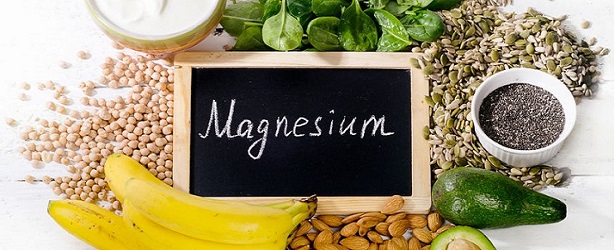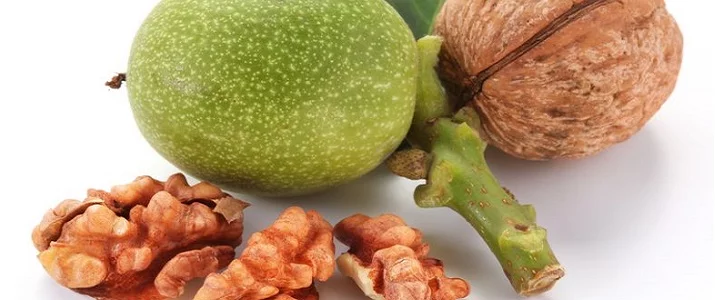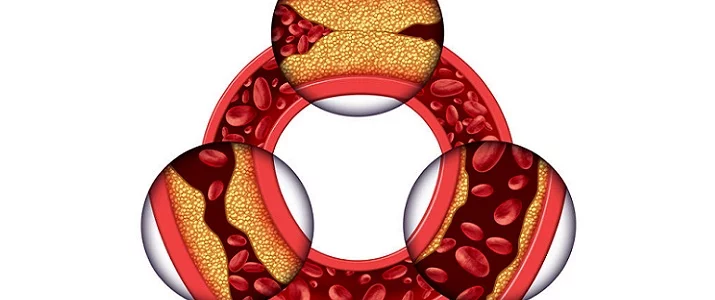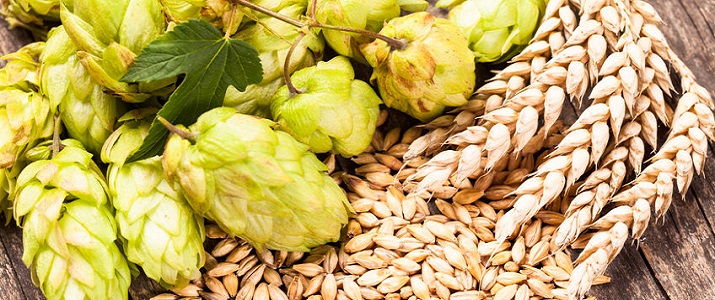CoQ10, Minerals, And Herbs For Heart Health
When it comes to heart disease, you can never be too cautious. About 610,000 Americans die of cardiovascular-related illnesses each year. Prevention is always better than cure and by feeding your body the right minerals and nutrients, it reduces the risk. This is a list of heart-healthy herbs and minerals that will benefit your heart naturally.
Minerals:
Magnesium
Magnesium is responsible for countless biochemical reactions in the body, many of which are essential to a proper metabolic function. Not only does Magnesium play crucial roles in energy generation and cell growth, it also helps decrease the risk of heart disease.The average American diet lacks the necessary amount of Magnesium needed by the body and the consequences may be severe. Taking Magnesium supplements benefits your heart and overall health, here are some of the reasons why:
- Magnesium regulates blood sugar and improves insulin resistance
- Promotes a steady healthy heartbeat
- Regulates cholesterol production
- Lowers blood pressure
Potassium
The correct balance of Potassium is imperative in supporting a healthy heart. Potassium regulates the balance of water and minerals throughout the body. It is known to lower blood pressure from a high sodium diet. An insufficient intake of Potassium can result in both the muscles and nerves weakening and being unable to function properly. The same applies to an excess of Potassium, which may result in a dangerous and possibly life-threatening change in the heart rhythm. It is crucial to get your Potassium levels checked regularly and take the necessary supplements if you are not getting enough.
Coenzyme Q10
Coenzyme Q10 (CoQ10) is found in every cell of the body and is responsible for producing the energy needed for cell growth and maintenance. CoQ10 is essential to heart health as it produces the energy necessary for the heart to work and functions as an antioxidant which protects the heart from damage. Factors such as age and low cholesterol affect the production of CoQ10. Taking CoQ10 supplements ensures that your body has the correct amount to keep your heart beating strong and healthy.
Herbs:
Garlic
Garlic is a robust anti-inflammatory and antimicrobial agent that is significant in decreasing the risk of heart disease. Known as the Russian penicillin, garlic was used during the World War to prevent wounds from getting infected. Garlic has several antibiotic properties and promotes a healthy heart by:
- Lowering high cholesterol
- Lowering high blood pressure
- Protecting arteries from hardening
- Lowering triglycerides
Hawthorn Berries
Otherwise known as the cardiotonic herb, these berries have been used for centuries for many cardiovascular benefits. Hawthorn berries are packed with antioxidants that neutralize free radical cells. There are many reasons why Hawthorn berry is known to reduce the risk of heart disease:
- Hawthorn berries strengthen heart muscles
- Eases strain on the heart by promoting improved circulation
- Lowers high blood pressure
Ginger
Much like garlic, ginger is also known as a wonder herb because of its powerful anti-inflammatory properties not only for the digestive system but for the heart as well. Ginger is not only easy to find, it is also inexpensive. Including ginger in your daily meals promotes a healthy heart and here are some reasons why:
- Ginger promotes circulation
- Gingers “warming effect” stimulates the heart and cleanses the body through perspiration
- Lowers cholesterol
- Prevents blood from clotting
- Prevents plaque buildup on artery walls

 Subscribe Now
Subscribe Now








